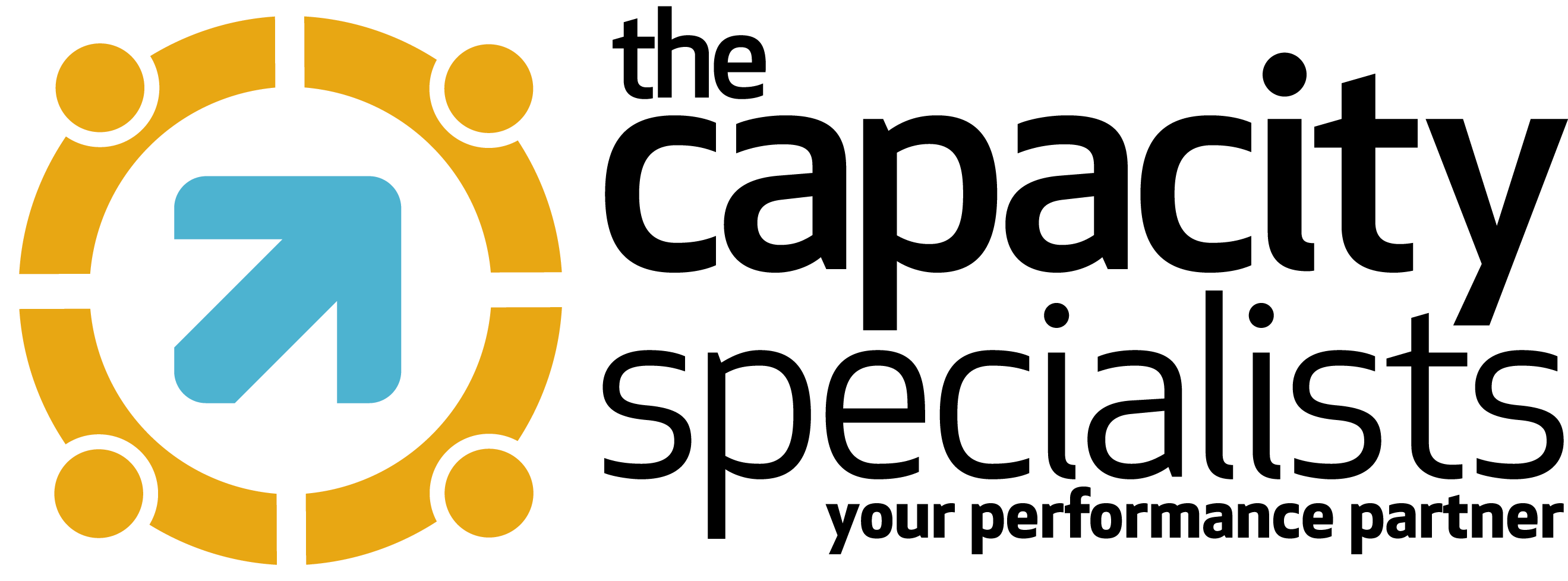Trust and Leadership: How to Foster Trust to Enhance Effective Teamwork
I vividly recall the time during the pandemic when I conducted a one-day virtual workshop for four groups of small to medium-sized business owners on communication skills for leaders. During the session, one participant unmuted and asked, “How do I know when my team trusts me and colleagues in my company?” The question simply asks what trust looks like.
“You may not be able to see trust with your eyes, but you can feel it in your heart every day,” I replied.
I gave a few questions to self-reflect where trust will be instantly felt.
- Do you frequently walk around to check if your team is completing their tasks?
- Are they in a corner office on another floor or outside where you don’t even see them?
- When they disagree or have a better idea, do they hesitate to express themselves and hide their concerns?
- Do you tolerate their mistakes, stupid questions, or nonsense ideas?
- Is your voice the only one heard during the meeting?
If you are a leader, manager, or HR manager and you answered ‘Yes’ to any of the five questions, what you are about to read will guide you on how to leverage trust to enhance effective communication in the team.
Elevating Team Communication Through Trust
One of the biggest factors that contributes to team & business success is the people who perform the tasks and deliver results no matter how good the system or strategy is. When people come together, thrive, and overcome obstacles to achieve their goals, it creates a collaborative culture and engagement that every organisation aspires to foster. The gap to bridge this effective teamwork culture is building trust.
A lack of trust poses significant challenges for all organisations, including reduced productivity and increased stress levels. In studying the neuroscience of trust, Paul J. Zak [1] discovered that employees within high-trust organisations exhibit 50% higher productivity, experience 74% less stress, and possess 106% more energy than their counterparts in low-trust environments.
The fundamental base of Lencioni’s five dysfunctions of a team is the absence of trust. When team members lack trust in one another, they are less inclined to take risks or seek assistance. This lack of trust creates an environment of discomfort, making effective communication and teamwork challenging.
Aron Ain, chairman and CEO, of UKG (Ultimate Kronos Group) – said “Trust is the magic glue that makes personal and professional relationships thrive. When we trust each other, everything becomes possible.”
To establish trust within your team, consider these four pillars:
- Integrity
- Empathy
- Competency
- Reliability
How do you build each pillar?
Integrity – Be transparent and communicate openly. Leaders who walk their talk are more likely to be trusted. Be true to the words and don’t make promises you cannot keep.
- Keep Promises: Maintaining the trust of others is a crucial aspect of integrity. When you make a promise or commitment, ensure that you follow through on it. If unforeseen circumstances prevent you from fulfilling your promise, be honest and explain what went wrong. Demonstrating integrity includes attending meetings on time, completing tasks as scheduled, and delivering the quality of work you have promised.
- Admit Mistakes: Part of demonstrating integrity is taking ownership of your mistakes. It takes humility and courage to do so, but it will earn you the respect and trust of others. When you make a mistake, acknowledge it, apologize if necessary, and work to fix it. An example of this could be if you missed an important deadline, take ownership of your mistake, and take immediate steps to correct it, preventing any adverse impact on your colleagues or the company.
Empathy – Understand and share feelings with each other. Empathy begins with establishing a strong rapport.
- Finding Similarities: Similarity plays a significant role in shaping our perceptions and relationships with others, as it is a signal that you are the same. Imagine attending a networking event and encountering someone with shared experiences, such as past tour trips. The instant bond you feel is a result of this common ground, Psychologically, we tend to connect quickly with people who share the same interests such as sports or drinks, and have had similar experiences like attending the same university or volunteering in the same group, and those who have the same opinions on political views or values such as being healthy.
- Questioning & Empathic Listening: Dr Steven Covey’s 5th habit ‘Seek first to understand, and then to be understood’ emphasizes the importance of deepening your understanding of others’ needs and perspectives. Picture this scenario: you approach your busy manager with a challenge, and, although he agrees to speak, he remains focused on his laptop, displaying little interest in your conversation. Sound familiar? This situation highlights the importance of active and empathetic listening, as it not only helps you to fully understand but also builds a strong rapport when coupled with probing questions.
Competency– Possess the necessary skills and knowledge for the job. Some individuals trust leaders based on their attitude and behavior, while others also look for leaders who can get the tasks done. Susan Ashford, professor at the University of Michigan and author of “The Power of Flexing,” says workers are looking for competent leaders right now. “They want competence so that they can believe the first claim.” -Ashford says
- Take initiative: Proactively seek out opportunities to contribute and take on additional responsibilities. Be willing to go the extra mile, identify problems or gaps, and propose solutions. This demonstrates your commitment to achieving results and adds value to the team and organisation
- Seek continuous improvement: Engage in ongoing professional development to enhance your skills and knowledge. Stay updated on industry trends, best practices, and advancements relevant to your role. This demonstrates your commitment to staying competent in your field.
- Seek constructive feedback: Be open to feedback from teams, and colleagues. Use their input to improve your performance and demonstrate your willingness to learn and grow. Act on the feedback received and show a commitment to continuous improvement.
By consistently showcasing your competency through these strategies, you will build trust and credibility among your peers and team in the workplace.
Reliability – Be accountable and consistent in your actions. By demonstrating reliability consistently over time, you can build trust and credibility with your team, promoting a positive and supportive work culture centered on open communication, mutual respect, and trust.
- Set expectations: Set clear expectations with your team regarding your availability, response times, and deliverables. Be realistic and transparent about what you can and cannot do and follow through on your commitments.
- Show consistency: Be consistent in your behavior, decisions, and actions. This helps your team develop a sense of trust in your reliability and dependability.
Enhance Your Organisation’s Growth With Trust
To build trust for effective teamwork, leaders must embrace essential skills like Effective Communication, Emotional Intelligence, Growth mindset, or Accountable and Responsible mindset to live up to the four pillars of trust: Integrity, Empathy, Competence, and Reliability.
Would you like to enhance teamwork and help your organisation to grow and develop in incredible ways? Contact us by sending a message here, sending an email to results@thecapacityspecialists.com, or calling 087 484 808 or 061 722 233.
Sochetra MAO is a Soft Skills and Excel Specialist from Cambodia, with more than 4 years of experience. Visit here for a full profile.
Resources
- Leadership: 4 key ways to build on trust at work | World Economic Forum (weforum.org)
- https://trainingindustry.com/magazine/winter-2022/the-trust-crisis-the-skills-every-leader-needs-to-rebuild-trust-in-the-post-pandemic-workplace/
- The Five Dysfunctions of a Team Author Patrick Lencioni
- The Neuroscience of Trust-Management behaviors that foster employee engagement by Paul J. Zak Harvard Business Review
Related Posts
Leave a Reply Cancel reply
Categories
- Uncategorized (12)




